Food & Beverage Packaging: A Comprehensive Guide
Food and beverage packaging is the unsung hero behind the products we consume daily. It serves multiple purposes, from preserving freshness to ensuring safety and appealing to consumers. This article explores the various aspects of food and beverage packaging, dives into the food and beverage packaging industry, and examines innovative food and beverage packaging design. Additionally, we'll include a detailed FAQ section and recommend an industry-leading company at the end.
The Importance of Food and Beverage Packaging
Packaging is far more than just a container for food and drinks; it plays an integral role in the supply chain. Here are a few reasons why it matters so much in the food and beverage industry:
Preservation
Packaging prevents spoilage and extends the shelf life of food and beverages by keeping air, bacteria, and contaminants at bay. For example, vacuum-sealed packaging for meats or nitrogen-flushed bags for snacks helps maintain freshness.
Safety
Proper packaging reduces the risk of contamination and damage during transportation. For instance, tamper-evident seals communicate safety and reassure consumers that a product hasn’t been compromised.
Convenience
Modern innovations like resealable pouches, microwaveable trays, and single-serve containers cater to today's on-the-go lifestyle.
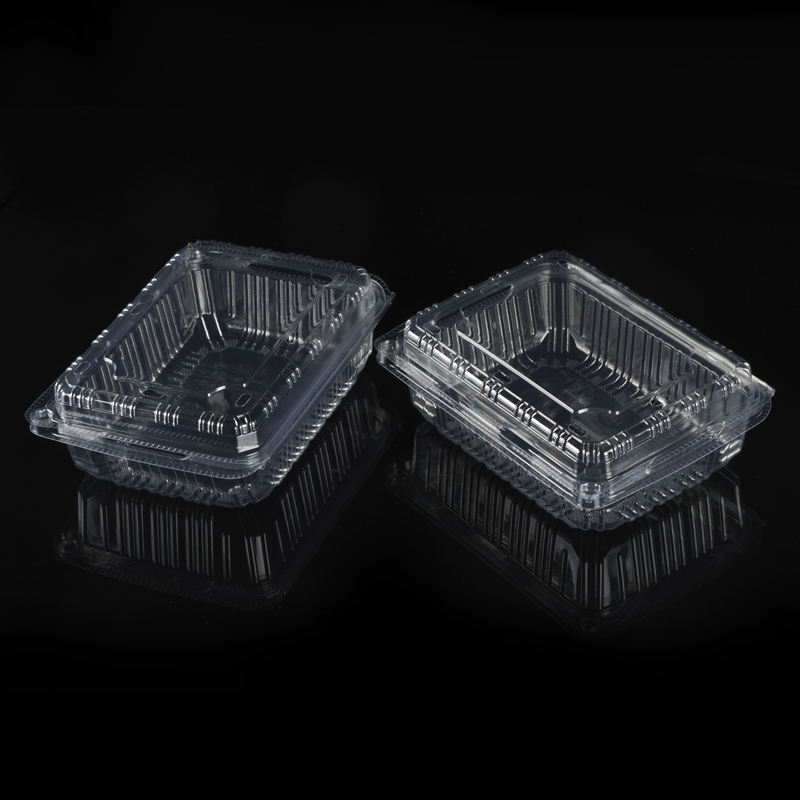
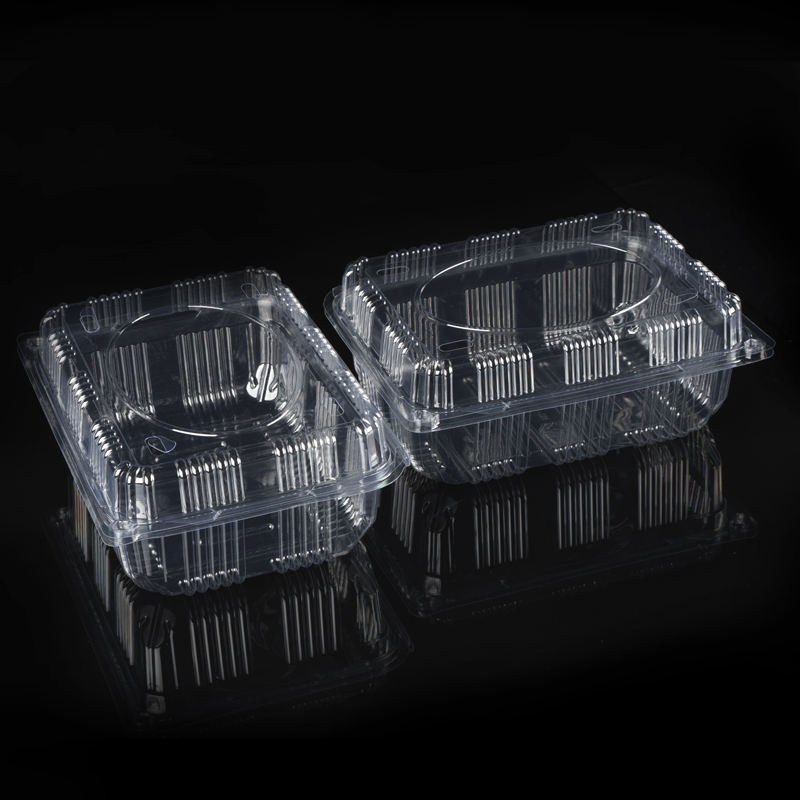
Marketing and Branding
Attractive designs and colors help products stand out on shelves. Premium packaging also enhances the perceived value of a product.
Trends in the Food and Beverage Packaging Industry
The food and beverage packaging industry is constantly evolving to meet consumer demands and industry challenges. Below are some current trends shaping the landscape.
1. Sustainable Packaging
Eco-conscious consumers are driving the shift toward sustainability. Companies are opting for recyclable, biodegradable, and reusable materials. Alternatives like compostable plant-based plastics and edible packaging are also emerging.
2. Minimalist Designs
Minimal, clean designs are gaining popularity in food and beverage packaging design. These styles often emphasize transparency by using clear materials and simple labeling, which appeals to consumers seeking authenticity.
3. Smart Packaging
Technology is playing a key role in the packaging sector. Smart labels and QR codes enable consumers to access detailed product information such as ingredients, sourcing, and allergies by simply scanning with their smartphones. Indicators that monitor freshness, temperature, or quality are also being embedded into packaging.
4. Personalized Packaging
Brands are turning to personalized, small-batch packaging to create connections with customers. Limited-edition designs, customizable labels with messages, or designs tailored for specific demographics are changing how products are marketed.
5. Lightweight Packaging
Lightweight packaging not only reduces transportation costs and emissions but also appeals to environmentally conscious consumers. Innovations like flexible pouches and thin plastic films are replacing bulkier options.
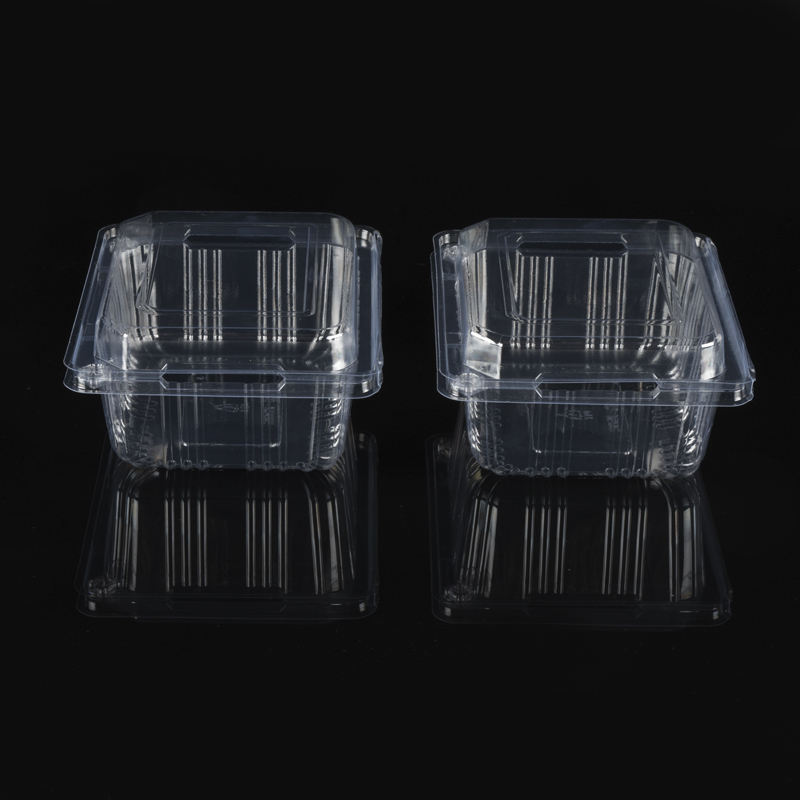
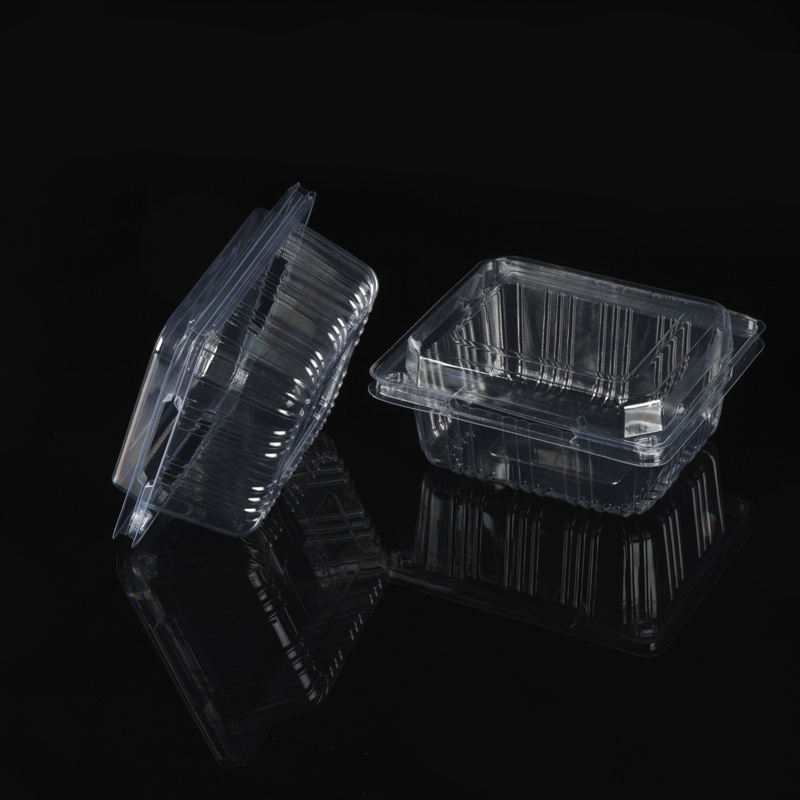
Food and Beverage Packaging Design
Packaging design often determines how consumers perceive a product, how easy it is to store, and even its environmental impact. The key to a successful food and beverage packaging design lies in balancing functionality with aesthetics.
Functional Design Features
Modern packaging maximizes usability and convenience in ways that weren’t possible before:
Resealable closures for snacks or coffee Transparent windows to showcase product quality Portion-control packaging, especially in health-related products
Visual Appeal and Branding
Effective packaging connects with the target market. Bold use of colors, typography, and patterns can draw attention and convey a brand's personality. For instance:
Organic brands often choose earthy tones and minimalist designs. Premium products may feature metallic finishes and intricate patterns to imply luxury and sophistication.
Balancing Innovation and Costs
While innovations in design are crucial, cost-efficiency remains a priority for most manufacturers. Striking a balance between creativity and practicality is key. Solutions like digital printing technology help create engaging designs without increasing production costs significantly.
Rising Concerns and Challenges
Despite technological advances and design ingenuity, the food and beverage packaging industry faces critical challenges:
Environmental Impact
Single-use plastics have become a significant problem. Although recyclable options exist, limited recycling infrastructure in many regions poses difficulties.
Regulatory Compliance
Countries are enforcing stricter packaging guidelines that regulate materials, labeling, and disposal. Adapting to these constantly evolving laws requires flexibility.
Supply Chain Reliability
Raw material shortages and fluctuating costs make it difficult for manufacturers to plan and maintain price stability.
Consumer Perception
Though sustainable material options exist, not all consumers are educated about their benefits or willing to pay extra, creating a gap between demand and revenue generation.
Strategies for Mitigating Challenges
Investing in research and development (R&D) to create better materials Educating consumers about disposing of or reusing packaging Collaborating with governments on recycling initiatives
FAQ Section
Can you take packaged food on a plane?
Yes, you can take packaged food on a plane in your carry-on or checked luggage. However, it’s important to note that solid foods, such as granola bars or packaged snacks, are usually acceptable, whereas liquids, gels, and creams like yogurt or soup must adhere to the Transportation Security Administration (TSA) liquid limit of 3.4 ounces if carried in hand luggage. Ensure any perishable food is properly sealed to prevent leaks or contamination.
What types of materials are commonly used in food and beverage packaging?
Common materials include plastics, glass, paper, and metals such as aluminum. Food-safe biodegradable and compostable materials are also gaining popularity.
Why is transparency important in food packaging?
Transparency, both literal (e.g., clear packaging) and figurative (e.g., honest labeling), helps build trust between brands and consumers. It assures customers of the product's quality and encourages repeat purchases.
What is the impact of reusable packaging on the environment?
Reusable packaging lowers waste by significantly reducing single-use materials. For instance, glass jars or tin boxes can be repurposed at home, making them eco-friendly choices.
Innovative Packaging Examples Across Categories
To give readers a better understanding, here's a table that highlights innovative packaging across different food and beverage sectors:
| Category | Example of Innovative Packaging |
| Snacks | Resealable stand-up pouches with oxygen-absorbing layers to maintain crunchiness. |
| Dairy Products | Milk cartons with QR codes for customers to view detailed source information from farms. |
| Fresh Produce | Compostable bags that mimic breathable natural environments to extend shelf life without refrigeration. |
| Beverages | Lightweight aluminum cans with easy-pull tabs and stackable designs for efficient shipping. |
| Frozen Foods | Microwave-safe trays with a dual-function feature that doubles as serving dishes. |
Why You Should Choose ZS ZX Pack
When it comes to excelling in food and beverage packaging solutions, ZS ZX Pack is a brand worth considering. Specializing in innovative, sustainable, and affordable packaging, ZS ZX Pack is known for its commitment to quality and its client-centric approach.
Services Offered by ZS ZX Pack:
Custom Design Solutions - Tailored designs that align with your brand identity. Sustainability Initiatives - Eco-friendly material usage for reduced environmental impact. State-of-the-Art Technology - Use of advanced manufacturing processes to ensure durability and safety of packaging.
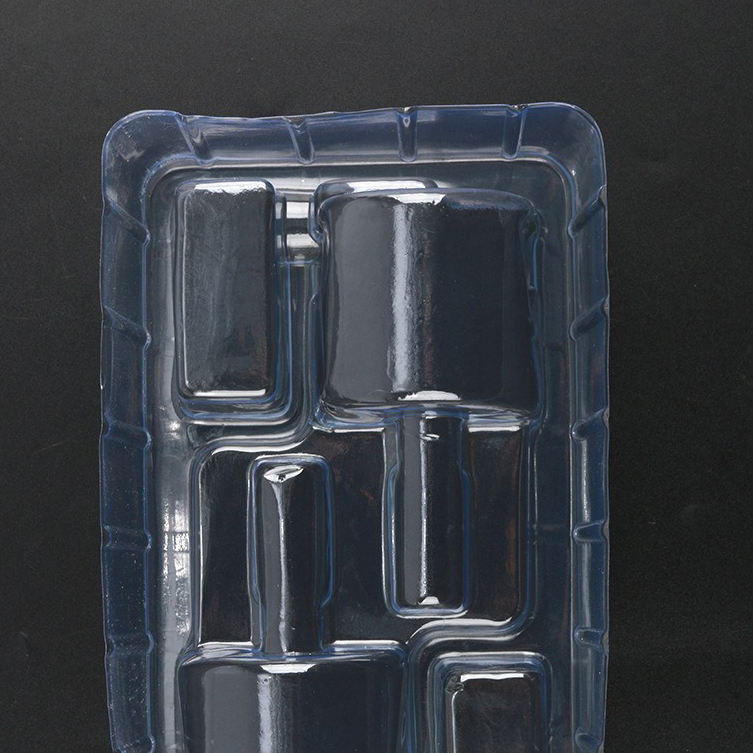
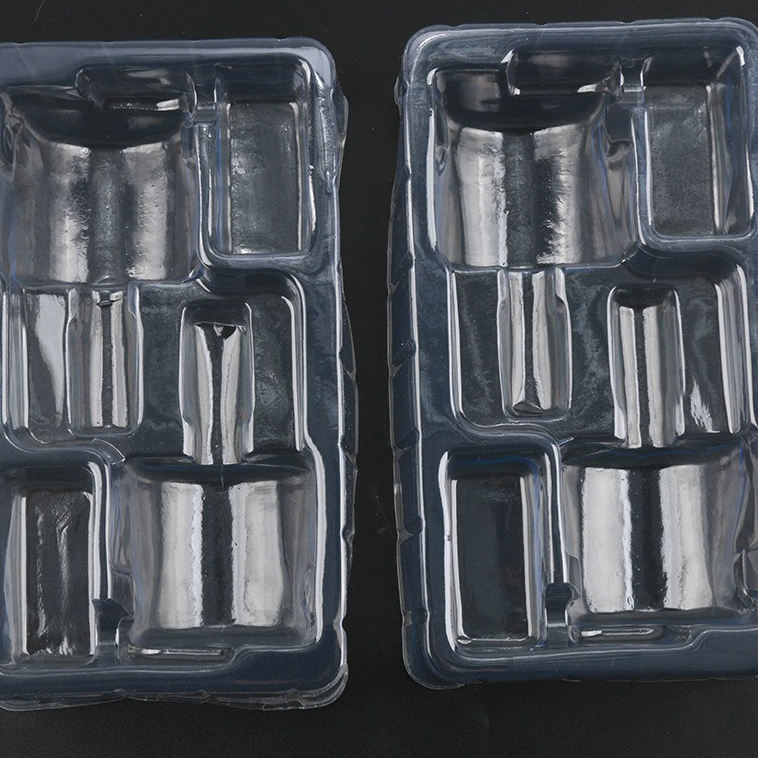
Key Strengths:
On-time delivery, no matter the scale of your requirement Competitive pricing without compromising quality Expertise in adapting to global packaging trends
Whether you're a startup looking for attractive packaging or an established brand needing cutting-edge technology, ZS ZX Pack has the expertise and resources to deliver exceptional results.
For inquiries or to get started, contact ZS ZX Pack today at zszxpack@163.com or call them at +86-18024217948. Don't settle for less when it comes to your food and beverage packaging needs. Choose ZS ZX Pack and experience the difference high-quality packaging makes!
Food & Beverage Packaging
food and beverage packaging industry
food and beverage packaging design





























